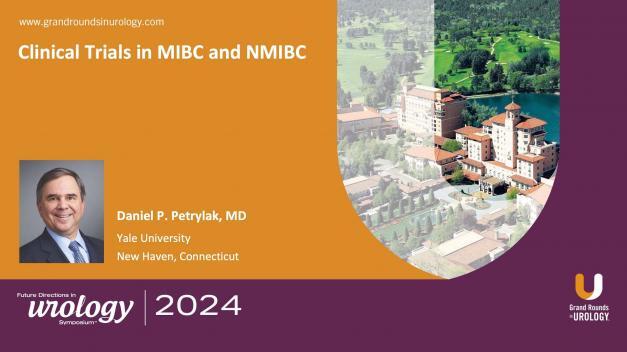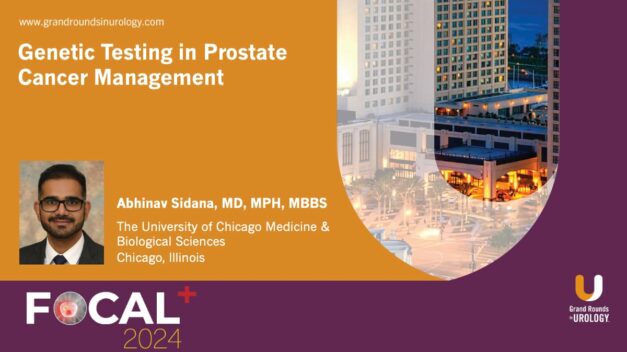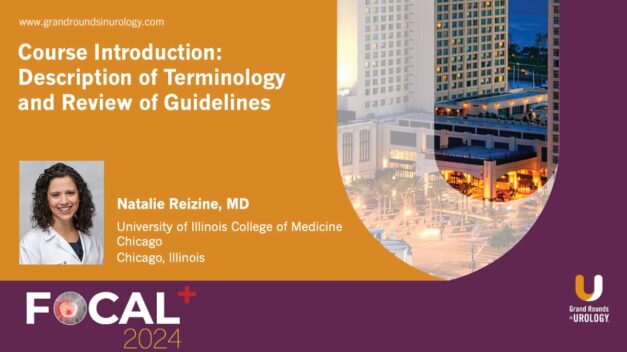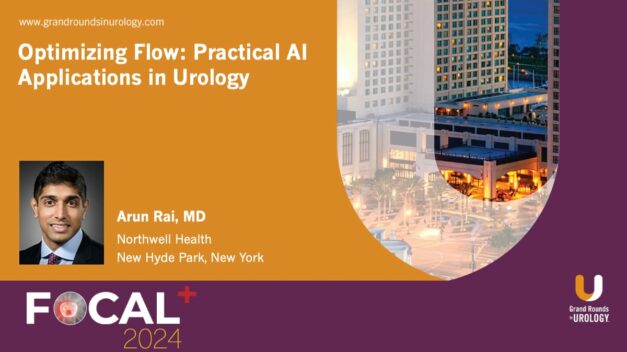Clinical Trials in MIBC and NMIBC
Daniel P. Petrylak, MD, discusses advancements in treating urothelial carcinoma, emphasizing innovative therapies for BCG-refractory, recurrent, and metastatic disease.
In this 10-minute talk, Petrylak highlights Dr. Neil Shore’s INSTIL trial, a significant phase 3 study evaluating the adenovirus interferon agent nadofaragene firadenovec. Dr. Petrylak also discusses how immune checkpoint inhibitors, such as pembrolizumab, are moving into early-stage treatment and combined with BCG for non-cystectomy patients.
The discussion transitions to innovative drug delivery systems, such as a “pretzel” device designed for intravesical drug release.
Dr. Petrylak shares new trials in treating metastatic carcinoma that focus on minimizing side effects linked to conventional drugs like enfortumab vedotin by introducing smaller, less immunogenic agents. These trials, including a DEVAL phase 1 dose-escalation study, underscore the importance of these targeted innovations in battling this challenging cancer.





